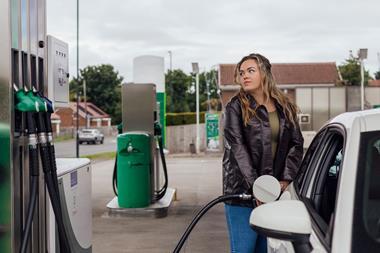The anti-diesel bandwagon is rolling. It was tax incentives in 2001 that encouraged both private drivers and businesses to buy diesel engine cars. The justification related to climate change and lower carbon dioxide emissions. The issues of toxic nitrogen oxide and higher levels of particulate matter were known but downplayed. From just 10% of new car registrations in 2000, sales accelerated rapidly such that the car parc was over 50% diesel by 2010. This growth continued and by mid-2015 retail sales of diesel overtook petrol for the first time.
This dieselisation of our car parc placed huge operational and financial pressures on our refineries which had been constructed to optimise gasoline production. Refineries closed or were sold to ’merchant’ refiners by the oil companies and imports of diesel have soared to nearly 40% of total consumption.
With campaigns against diesel gaining media support and EU threatening legal action over our continued failure to meet their targets on air quality, it is evident that increasingly draconian measures are being considered by the authorities.
The serious health threat of diesel fumes on city dwellers, especially young children, is not challenged, but the UK must seek proportionate and fair measures to encourage a move to petrol engine vehicles as well as alternatively fuelled models.
PRA has been informally sounded out by government officials about the introduction of a duty differential increase diesel by, say, 3ppl and reduce petrol similarly. The strong view of our retailers is that such a move would be as popular as Maggie Thatcher’s Poll Tax as well as unfairly penalising diesel owners. Hauliers’ costs would rise and with the UK being so reliant on road transport to move goods, especially food, this would increase the cost of living and inflation.
Car park hikes and congestion charge add-ons, such as mooted by the Mayor of London, smack of opportunistic revenue raising. Manufacturers should do more to promote the much improved emission credentials of their latest models. Government should consider funding realistic ’scrappage’ schemes for older diesel vehicles, plus the type of subsidy available for electric vehicles (EVs) also being offered on the latest, environmentally-friendly petrol engines.

































No comments yet